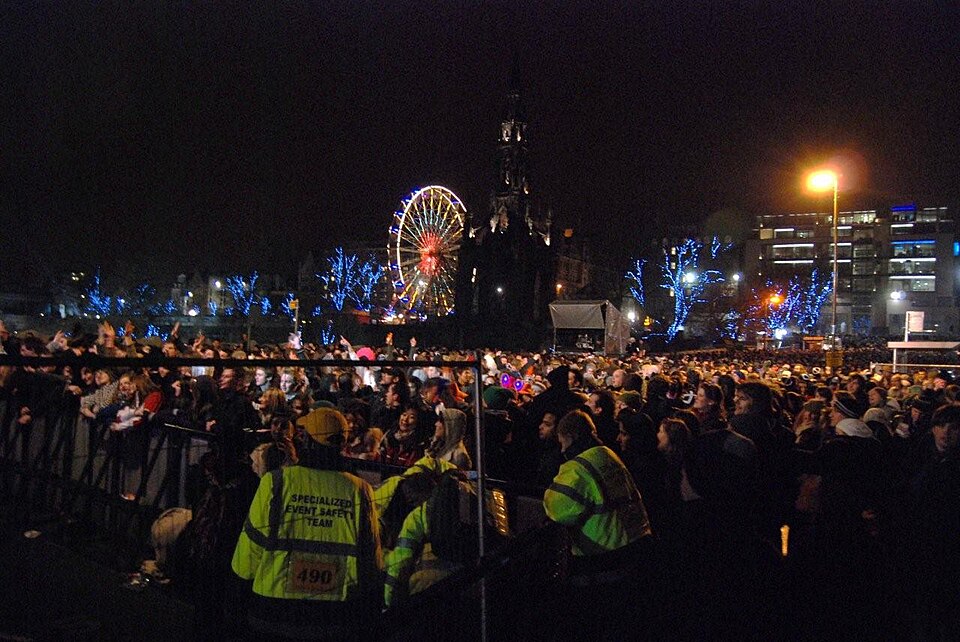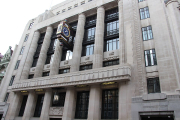
This summer, communities across the UK will be able to nominate their favourite traditions—from iconic celebrations like Notting Hill Carnival and Hogmanay to time-honoured crafts like
thatching and tweed-making—to be officially recognised as part of a new national inventory of living heritage.
The initiative comes after the UK formally signed the 2003 UNESCO Convention for the Safeguarding of Intangible Cultural Heritage last year. As part of this commitment, the UK will now begin documenting the customs, practices, and crafts that help shape the nation’s identity.
From Eisteddfodau in Wales to Highland dancing in Scotland and folk traditions brought by immigrant communities, the inventory aims to reflect the full spectrum of cultural life across England, Scotland, Wales and Northern Ireland.
Today, the Government released its official response to a public consultation held earlier this year, outlining how the new inventory will be developed in collaboration with devolved governments. The project will focus on community-led nominations, allowing local groups and practitioners to put forward traditions they feel are worth celebrating and preserving.
Heritage Minister Baroness Twycross said:
“The UK is rich with wonderful traditions, from Gloucestershire’s cheese rolling to folk music and dancing and the many heritage crafts that we practice, such as tartan weaving and carving Welsh love spoons.
I would encourage everyone to think about what traditions they value so that we can continue to celebrate them, tell our national story to the rest of the world and safeguard the traditions that make us who we are”.
Nominations will fall into seven categories, including:
- Oral traditions (e.g. poetry and storytelling)
- Performing arts
- Social practices (e.g. festivals and rituals)
- Nature, land, and spirituality (e.g. traditional land use or ecological knowledge)
The Department for Culture, Media and Sport (DCMS) led the initial consultation from January to February 2024, including 16 roundtable discussions with museums, NGOs, grassroots organisations, academics, and government reps across the UK.
Details on how to submit a nomination—including how to gain support from the relevant community—will be published when the official call opens later this year. The aim is not just to record these traditions, but to spark a wider national conversation about the cultural practices we value and want to protect for generations to come. Photo by sharedferret, Wikimedia commons.









































